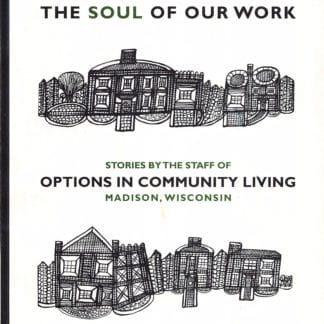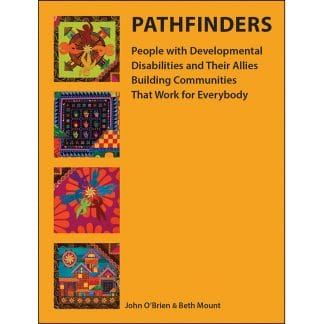If Person-Centred Planning did not Exist,
Valuing People Would Require Its Invention
John O’Brien
2004 Journal of Applied Research in Intellectual Disabilities 2004, IU, 11±15
Person-centred planning is one important tool in making the culture change necessary to realize the Government’s promise in Valuing People. Some potential dangers in large scale implementation are identified, a logic for local action is described, the criteria for effective person-centred planning are de®ned in terms of supporting personal choice, the contribution of person-centred planning to organizational culture change is identified, the possibility of failure to implement policy change is acknowledged, and the potential benefits of person-centred planning under conditions of policy failure is described.
Introduction
In their critique of the potential contribution of person- centred planning to the improvement of services in the UK, Mansell & Beadle-Brown (2003) provide a sobering account of current reality, raise an incisive question about the assumption that changes in individual planning methods will lead to changes in service practice, and recommend policy reforms that, they believe, would provide necessary conditions for real change in the lives of people with intellectual disabilities. They remind us that those who take the values of rights, independence, choice and inclusion seriously will have to positively engage a substantial number of people whose current services have not yet found effective ways to support their communication and their social interaction, to decrease their challenging behaviour, to engage them in their daily routines or to overcome their social isolation. In light of the evidence that previous forms of individual planning have had limited impact, they caution anyone who thinks that modifying the way plan- ning is done will straightforwardly improve the quality of service or even much affect staff practice apart from the production of paper-work. They call for a human rights- based entitlement to effective treatment, an assessment- based entitlement to adequate social security funding to pay for needed services, greater and expanded use of direct payments, and performance measures that test out- comes for people rather than characteristics of plans.



